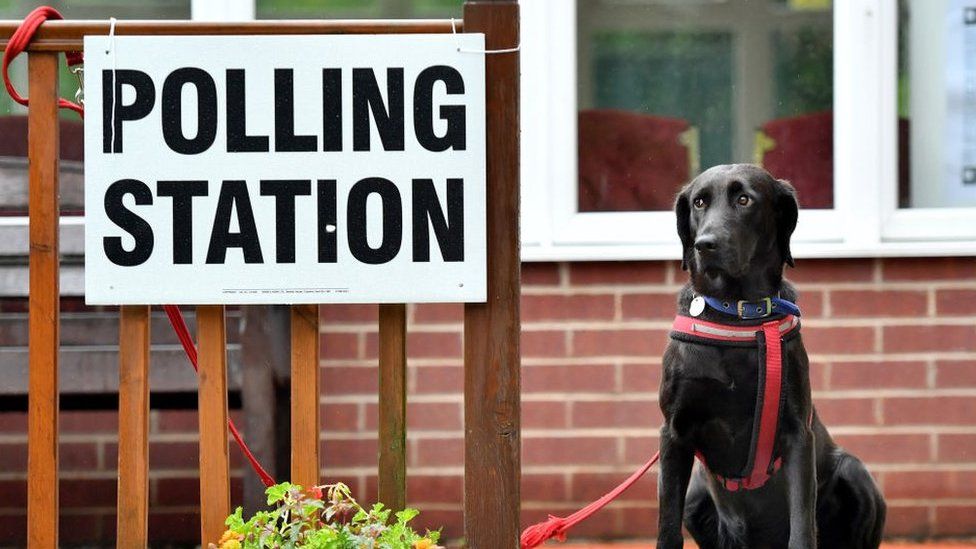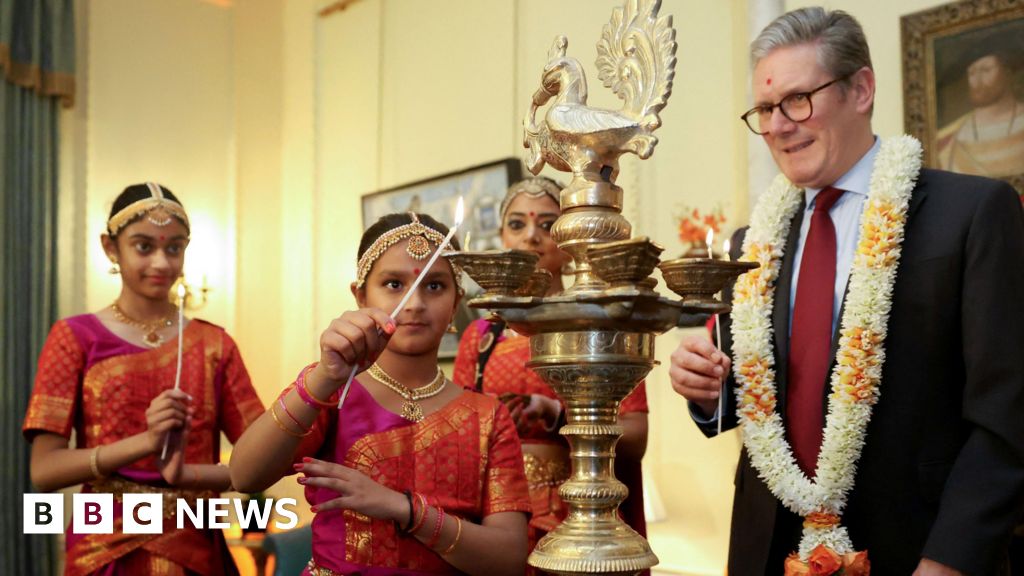ARTICLE AD BOX
 Image source, Getty Images
Image source, Getty Images
By Tom Edgington & Jennifer Clarke
BBC News
Speculation is growing about when the next general election will be.
Prime Minister Rishi Sunak has said he expects to call the election "in the second half" of 2024.
When is the next general election due?
The latest a Parliament can be dissolved for a general election is on the fifth anniversary of the day it first met.
For the current Parliament, that date is 17 December 2024.
However, 25 working days are then allowed to prepare for the election.
That means the next election must be held by 28 January 2025.
Who decides when an election takes place?
The prime minister decides, but this has not always been the case.
In 2011, legislation removed the PM's power to choose the date of an election, and instead gave control to the House of Commons.
Under those rules, an early election before the end of the five-year term could only be held under certain circumstances - such as if two-thirds of MPs agreed.
However, after winning the 2019 election, the Conservatives introduced the Dissolution and Calling of Parliament Act 2022.
This restored the PM's power to call a general election at a time of their choosing, within the five-year period.
What has PM Rishi Sunak said about when the next election will be?
Mr Sunak said in January that his "working assumption" was that there would be a general election in the second half of the year.
There has been speculation that it could be called earlier.
In March, the prime minister ruled out that it could take place on 2 May, the date when local elections are taking place.
How does the PM call a general election?
The PM formally asks the King to "dissolve" Parliament - the official term for closing Parliament ahead of an election.
The poll generally takes place 25 days later.
Image source, Getty Images
Image caption,Rishi Sunak is the second prime minister of King Charles's reign
At the point of dissolution, MPs lose their status, and have to campaign for re-election if they wish to carry on. Some MPs choose to stand down.
Government also enters a pre-election period - previously known as "purdah" - which restricts ministerial and departmental activity during the campaign.
How is the general election decided?
The UK is divided into 650 areas, called constituencies. Each one elects an MP to represent its residents in the House of Commons in London.
On election day, registered voters in each constituency vote for their preferred candidate in their local polling station. Some people vote by post in advance.
Most candidates represent a specific political party, but some stand as independents.
In a general election, each person has one vote. Under the "first past the post" system, the candidate who gets the most votes becomes the MP for that area.
After the votes have been counted, the King asks the leader of the party with the most MPs to become prime minister and to form a government.
The leader of the party with the second highest number of MPs becomes the leader of the opposition.
If no party ends up with a majority of MPs - meaning it cannot pass legislation with just its own MPs - the result is a hung Parliament.
At this point, the largest party might form a coalition government with another party. Under this arrangement, MPs from both parties serve as government ministers.
Alternatively, it can form a minority government, filling all the ministerial roles with its own MPs but relying on votes from other parties to pass any laws.
Who can vote in a general election?
Anyone on the electoral register aged 18 or above on polling day has a vote as long as they are:
You can register to vote at any time if you are 16 or over - or 14 or over in Scotland.
Can the opposition force an election?
The prime minister must have the "confidence" of the House of Commons to govern, which means they must be supported by a majority of MPs.
A motion of no confidence sees MPs from all parties decide whether they want the government to continue.
If the leader of the opposition introduces such a motion, the government is expected to provide parliamentary time for a debate and a vote.
Image source, Getty Images
Image caption,Former PM Boris Johnson survived a vote of no confidence in June 2022
In order to pass, the motion needs just one more MP voting in favour than against.
If the government loses the vote, a general election is normally called.

 8 months ago
49
8 months ago
49








 English (US)
English (US)